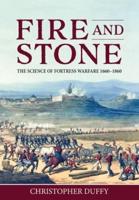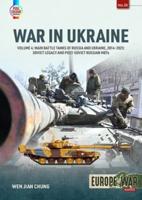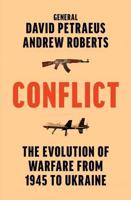Publisher's Synopsis
In view of the adoption of the term "The Long War" by the United States Joint Chiefs of Staff to describe US operations against terrorism and state sponsored terrorism, CSI decided to change the title of our long running series of studies on irregular warfare - from the Global War on Terrorism Occasional Papers to the Long War Occasional Papers. This CSI Occasional Paper is the first in the renamed series. The purpose of the series, however, remains unchanged. That is, to provide short historical monographs on topics of doctrinal and operational relevance to the US Army and military professionals for an Army at war. We are therefore pleased to offer Long War OP #21: Flipside of the COIN: Israel's Lebanese Incursion Between 1982-2000, by Captain Daniel Helmer. Captain Helmer's study, written while studying at Oxford University, addresses the Israeli view of the threat posed by various armed factions in southern Lebanon over an 18-year period. This was a period during which Israeli used air strikes, ground invasions, and border operations to contain or defeat the military threat to its national security. Among the key points the author makes in this study is the inability of Israel to use military force to secure a lasting political end state in Lebanon that was favorable to its security needs, despite some stunning battlefield victories. Helmer also notes that both Palestinian and Hezbollah leaders recognized they could not militarily defeat Israeli military forces, despite occasional tactical success, but that this was not their political objective. Rather, they needed only to survive and to maintain their forces in the field to achieve their long-term objectives. Weaker powers have often employed this strategy against their stronger opponents. He also notes the steady dwindling of political and public support in Israel for the occupation of Lebanon and the role this played in Israel's decision to withdraw from Lebanon in 2000. As the recent 2006 Israeli attack into Lebanon against Hezbollah terrorists has shown, however, these strategic challenges and dilemmas remain unsolved. In the first decade of the 21st century, it is clear that these dilemmas are not unique to Israel and that the United States might draw some insights relevant to our own situation. The Combat Studies Institute also plans a future study on the 2006 Israeli-Hezbollah conflict. We at CSI hope this Occasional Paper will contribute to the Army as it conducts operations in the Long War.









